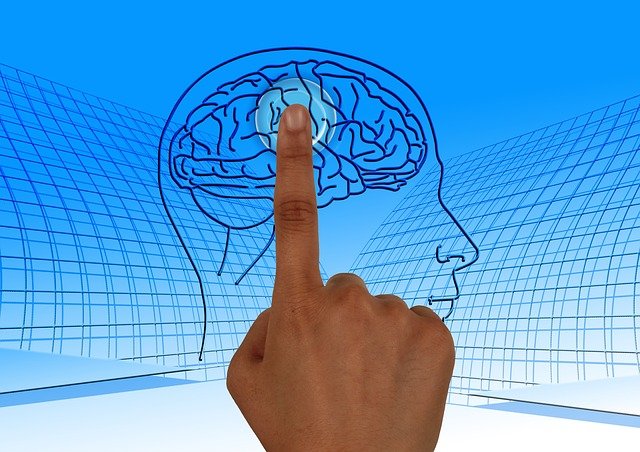
A good memory is an enviable quality. For those who rush around every morning trying to remember where they left their car keys, or forget their wedding anniversary every year, or miss doctor and dentist appointments because they forgot them, life can feel pretty frustrating. Students who attend class and spend time studying but don’t perform well on exams because of poor information retention can feel like they’re spinning their wheels. A lot of time and effort is put into making up for mistakes caused by a poor memory.
Therefore, it’s worth the effort to learn how to improve your memory. Imagine how much your quality of life could change if you weren’t so forgetful. Not to mention the time you’d save running around looking for misplaced objects, apologizing for forgetting yet another anniversary and rescheduling forgotten appointments. Find some helpful tips for memory improvement below.
Learn a new skill
Learning something new creates new pathways in your brain which is the equivalent of giving your brain a workout. Repetitive activities and routines don’t give your brain challenges. Branching out and trying something new such as learning a foreign language, taking a dance class or cooking class, taking up a musical instrument or learning to play chess can all strengthen your brain activity and boost your memory. Continue seeking new levels of challenges in the activities you practice and explore new activities once you’ve mastered the ones in your repertoire.
Play memorization games
This can be done in an infinite number of ways. Here are some suggestions:
-
Memorize all the birthdays of your Facebook friends
-
Go for walks and memorize license plate numbers of the cars you pass or all the names of the streets you cross
-
If you cook, memorize recipes instead of reading them as you cook
-
Memorize timelines and dates of important historical events
-
Memorize famous speeches
Memorization is basically a result of repetition. The more you repeat something, the deeper it becomes ingrained in your brain. It’s also a task that requires you to pay close attention. If you’re a traveller and you have to look at your passport every time you’re asked to write it’s number on a document, why not memorize it? If you make the same cake every Sunday, but still have to look at the recipe, why not memorize it? How many people don’t even know the license plate number of their car? Or their bank account numbers? Start memorizing the things in your daily life. The more you do this, the sharper your attention will become and the easier it will be for you to remember new information.
Use visualization
By associating visual images with information, you have a higher chance of remembering it. If you’re taking a history class and have trouble imagining the sequence of events, create a mental image of them. For example, if you’re studying WWII, create a character of a soldier. As you learn the dates and details of new events, picture him fighting in the battles. By creating a concrete or emotional connection with the information you’re learning, you have a much higher chance of remembering it.
Get an organizer
This may seem like a solution for a poor memory rather than a tip on how to improve it, but in fact, by organizing your tasks and writing them down, you’re accomplishing several things:
-
Reinforcing them in your brain
-
Mentally reviewing and prioritizing them
-
Creating a visual cue in a written form
All of these things lead to a better memory.
Exercise
Aerobic exercise, whether it’s a walk, a spinning class or a swim, increases the flow of oxygen to your brain. It reduces stress hormones, which damage your memory and suppress brain function. Sports such as tennis, volleyball, soccer, basketball or others that require coordination are great for increasing brain function as they present new and complex challenges that must be worked out quickly.
Get enough sleep
Sleep is essential for proper brain function, including cognitive function and memory. An average of 7.5-9.5 hours is generally required by adults in order to achieve optimal brain function. If you’re consistently sleep-deprived, your cognitive abilities will suffer and your memory will deteriorate.
Eat a healthy diet
Certain foods are particularly beneficial to brain health and cultivating a healthy diet full of “brain foods” will help your memory:
- Fruits and vegetables contain antioxidants that prevent free radicals and other damaging agents from affecting brain activity.
- Fish high in omega-3s such as salmon, tuna and sardines reinforce brain health. Other sources of omega-3s are kidney beans, broccoli, flaxseed and walnuts.
- Red wine or grape juice in moderation (1-2 glasses/day) increase blood flow to the brain.
Make good use of these tips for a better memory!
